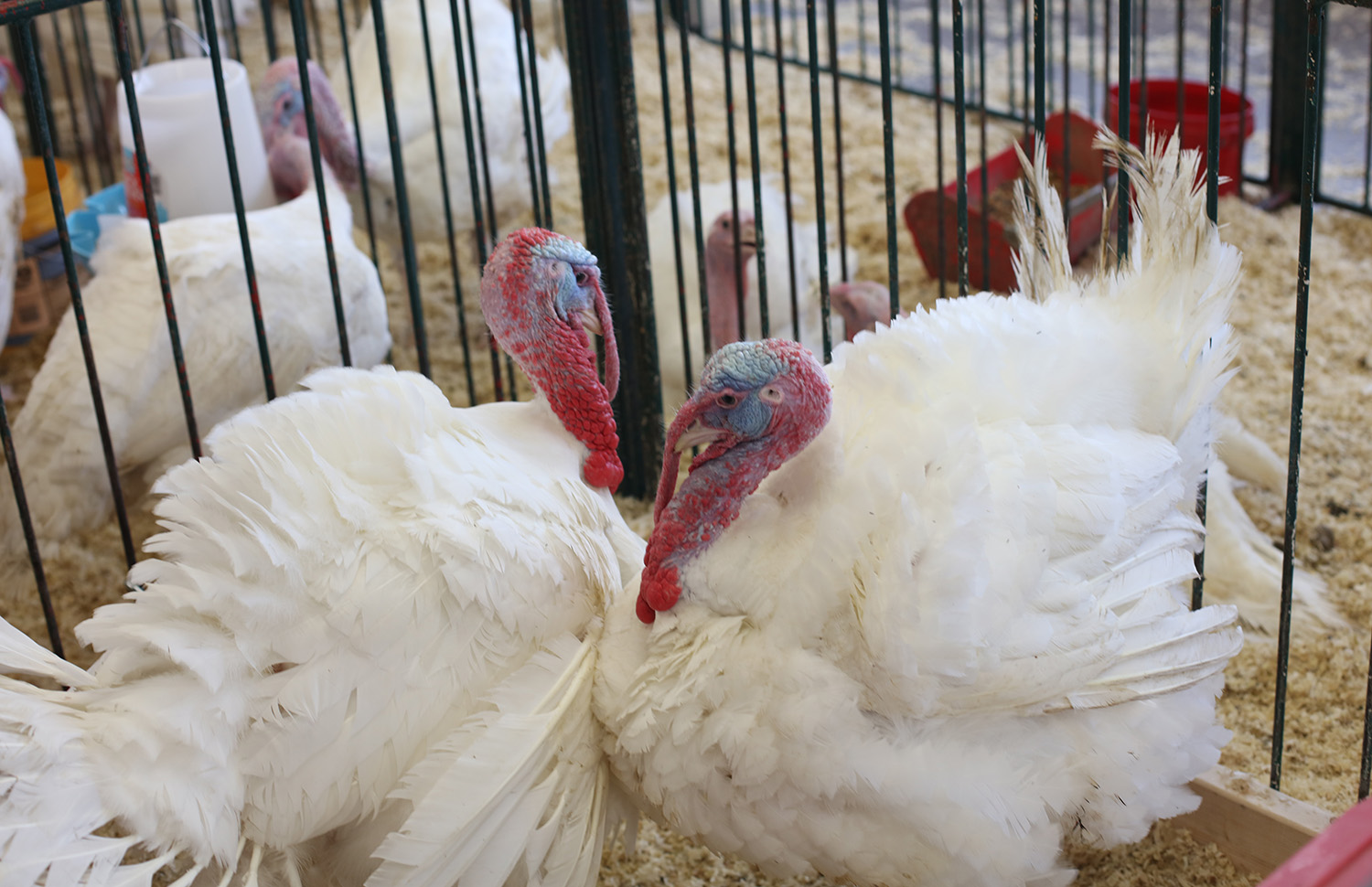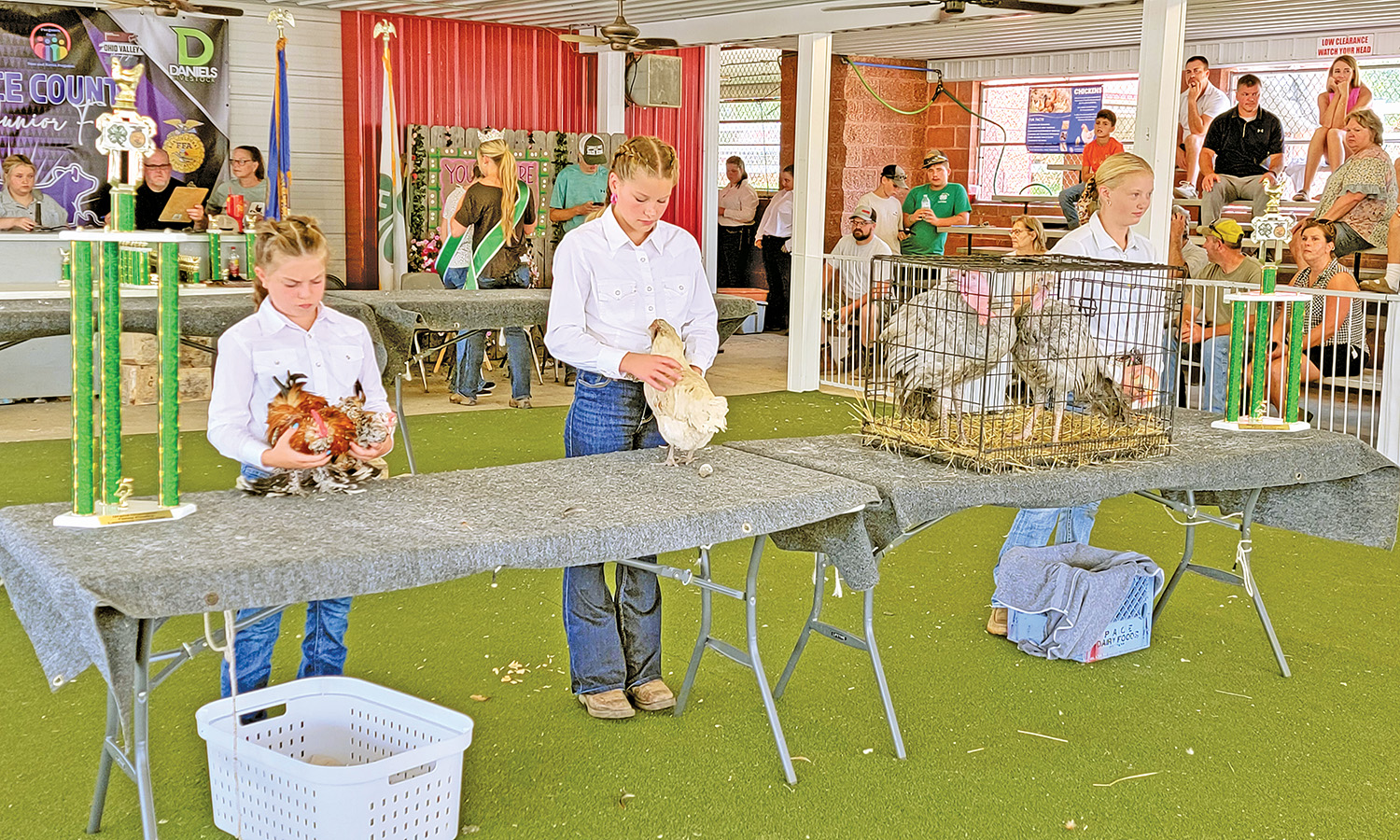Judge: No mistrial in arson case
Published 12:00 am Saturday, June 3, 2006
There will be no mistrial in the Roger Marshall case, but the juror accused of possessing loose lips was dismissed from jury service after a tense grilling in open court Wednesday.
Marshall was convicted in late February of starting a fire at the Lyle Motel in August 2004 that killed James M. Reed, Lolaetta Corbin and John Meyer.
Marshall interrupted court proceedings Wednesday with an outburst that he was innocent. The man had to be taken from the courtroom.
Trending
He sat quietly, even passively during his nearly two-week triple murder trial showing little emotion.
But Wednesday when the opening statements began in the penalty phase of his case, Marshall’s demeanor changed.
Marshall leaped to his feet and denied causing the deaths of three people for which he could receive the death penalty.
As Lawrence County Prosecutor J.B. Collier Jr., recounted the evidence in the trial that led to Marshall’s guilty verdict, Marshall shouted
“That’s not true. I didn’t kill anyone. There was evidence at my apartment that could have cleared me! I didn’t set any fire. I didn’t kill anyone.”
Marshall was taken out of the courtroom by two constables and proceedings were recessed until the afternoon.
Trending
When proceedings began again, defense attorney William Eachus call in licensed clinical psychologist, Dr. Julie Brams, who testified that Marshall suffered from schizophrenia which stemmed in large part from a childhood she characterized as a “rudimentary existence.”
“His parents had minimal education, his father had a significant drinking problem which was an issue in Roger’s life. His parents were uninvolved, cold and distant. … you don’t have flagrant abuse but there was emotional neglect,” she said.
She testified that other members of the family suffer from their childhood experiences as well but that the manifest somewhat different symptoms. Because of this he developed a schizoid personality that later became schizophrenia.
It affected him in his work, his interaction with other people and his ability to deal with large-scale changes in his life and with stress.
“His maturity ended at about 12 years or so,” she said. “He may be a man but his ability to deal with stress is about that of a middle school student.”
She told the court she thought Marshall could adjust to life in prison but not to death row.
But during cross examination, she admitted that she did not think Marshall was completely mentally ill.
“You’re not suggesting to the jury that he’s mentally retarded, are you?” he asked.
“No,” Brams answered.
“That he’s mentally ill or that he is legally insane?” he asked.
“No,” she replied.
Collier also took issue with Bram’s contention that previous to the Lyle Motel fire, Marshall had no criminal history.
“Are you aware that at the time of the offense ( the fire) he was on probation for domestic violence?” Collier asked.
“Yes,” Brams replied.
“And the person who was the subject of the violence was one of the victims, Lolaetta Corbin Hicks?” Collier asked.
“Yes,” she replied.
Earlier in the day, defense attorneys William Eachus and Charles Knight had sought a mistrial because a juror, Robert Lowe, had reportedly talked about the case at a party and had reportedly said he favored the death penalty — an issue jurors were not supposed to discuss at that time.
Lowe denied he ever talked about the case.
“The allegation is that you expressed the opinion that you would make sure Roger got the death penalty,” Knight said.
“I have not ever made a comment even remotely resembling that,” Lowe replied. “I would not jeopardize the integrity of this case and I do not believe that.”
Lowe said he frequently got together with friends to socialize but said he never went to a party and made statements about the Marshall case. He also said he never told an acquaintance, Chris Destocki, that he intended to insure Marshall received the death penalty.
“Have you ever had an incident where Mr. (Chris Destocki) said you said things you didn’t say?” Knight asked.
“No,” Lowe replied.
He admitted that at one point after the guilty verdict was handed down, he had gone to the Ironton bar, the Marlow Grill, and had left after some patrons recognized him as a juror and expressed their opinions about the case.
Knight countered that others have told the court Lowe did indeed attend a party with 20 people and had made statements about the case.
Knight also alleged that Lowe exhibited inappropriate conduct before a delegation of jurors during sequestration at an area motel, a claim bolstered by a female juror whom defense attorneys also requested be excused from service.
The woman said she, Lowe and some of the other jurors were playing a form of charades in a public room at the motel.
She also told the court that Destocki had approached her after the guilty verdict and informed her about the comments Lowe allegedly made about the death penalty.
After Lowe was dismissed, other jurors were brought in one by one and asked if they had discussed the case, heard it discussed or gotten any information in the media about it.
With the exception of the one female juror, all the others said they had adhered strictly to Walton’s admonishment against such.
Walton has yet to rule on whether to dismiss the second juror. An alternate was excused from service Wednesday not because of any misconduct but because she had been absent during a previous court session.
Closing statements began at 9:30 a.m. today in Lawrence County Common Pleas Court.





